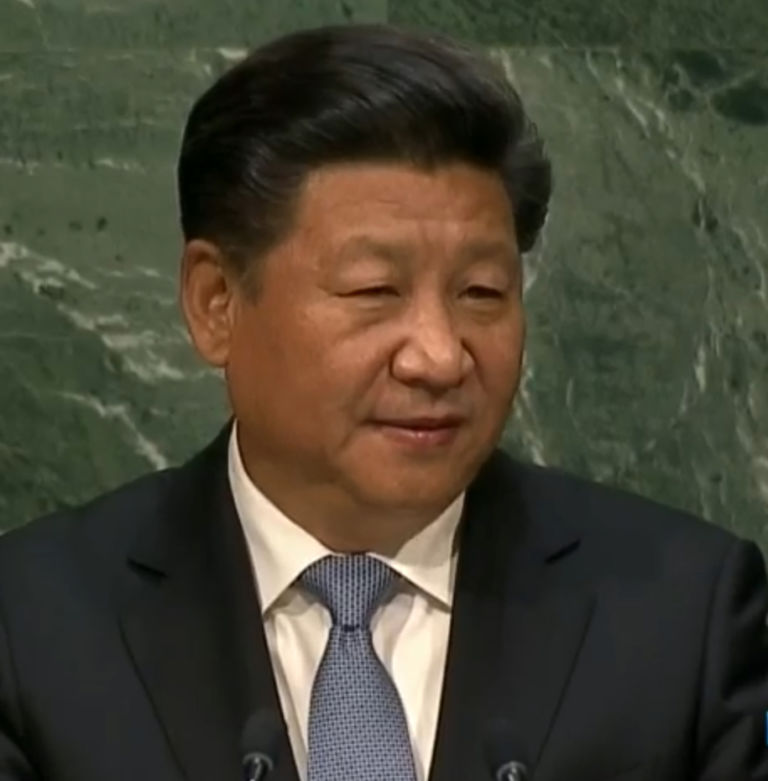Casey Chalk writes for the Federalist about the Roman Empire’s enduring lessons.
The year in “a word,” according to a Dec. 22 Financial Times article, is “The Roman [E]mpire.” The Roman Empire also happened to tie into one of the year’s top social media trends, according to The New York Times. That’s pretty impressive, given it was only in September that people the world over were suddenly fascinated, perplexed, and amused by how often men think about it.
More than 1 billion people viewed a TikTok video encouraging women to ask the men in their lives how often they think about the subject. “Three times a day,” answers one man to his fiancé in one viral video; in another, a woman’s father explains that using the commode provokes thoughts of ” how the Romans invented the modern-day sewage system.”
Granted, there’s plenty to commend a political entity that lasted a thousand years, which at its height controlled an empire spanning three continents and crafted technological advances that still amaze modern man. And yet, truth be told, the society from which that empire issued was already showing signs of decrepitude during the life of Christ, a century before the empire reached its greatest extent during the reign of Trajan. Rome’s greatest victories, in some respects, precipitated and accelerated its downfall. As such, they serve as a cautionary tale for those seeking to identify the traits of a thriving civilization.
As the story typically goes, Rome propelled herself onto the world stage via strict adherence to republican virtue and civic piety. …
… And yet, the very same expansion that occurred as Rome transitioned from a republic to an empire acted to obscure the virtues cementing her success. Originally a cultural backwater of the Mediterranean world, conquest brought her into communication with a rich diversity of ideas, beliefs, and practices that undermined her rigid, family-focused principles.


